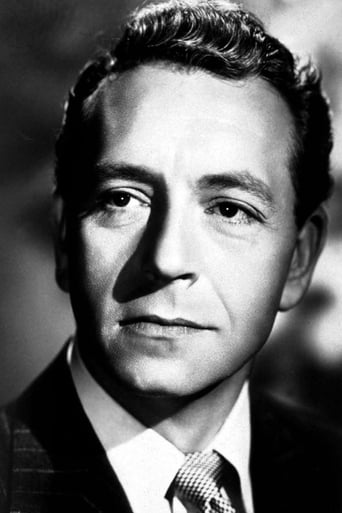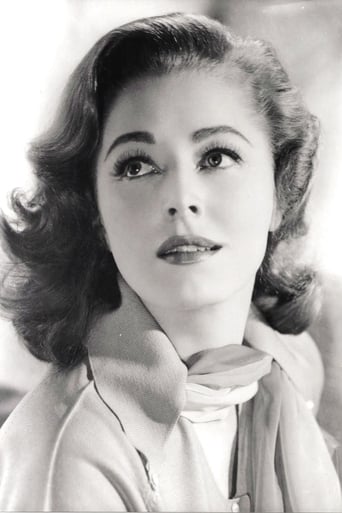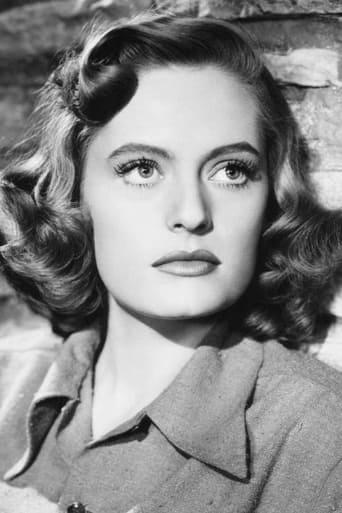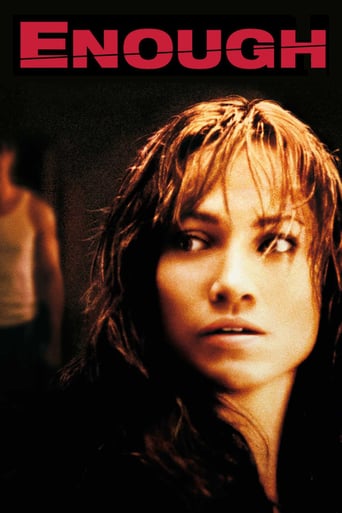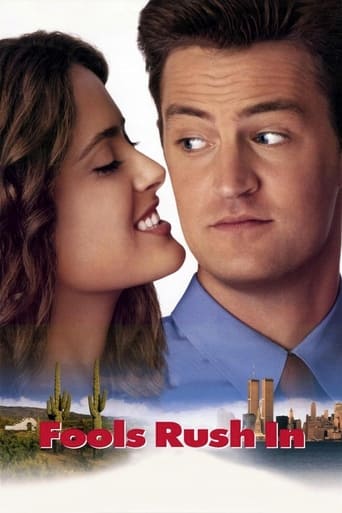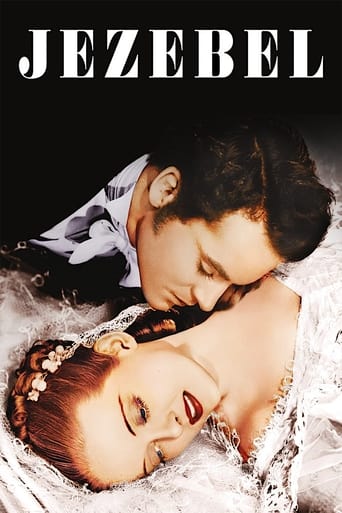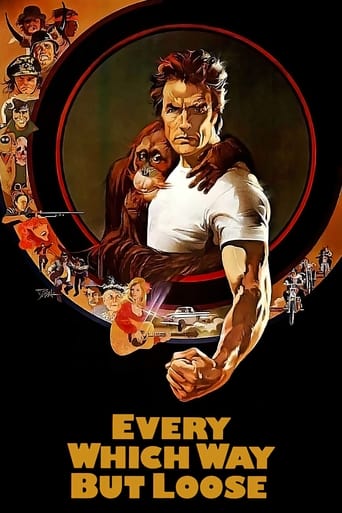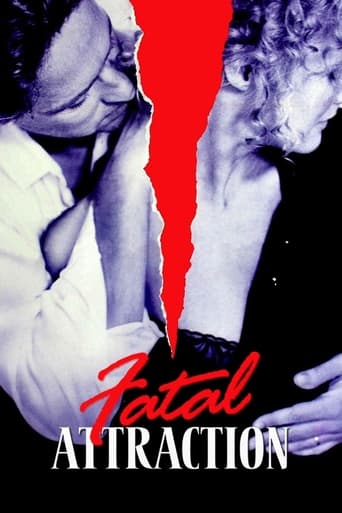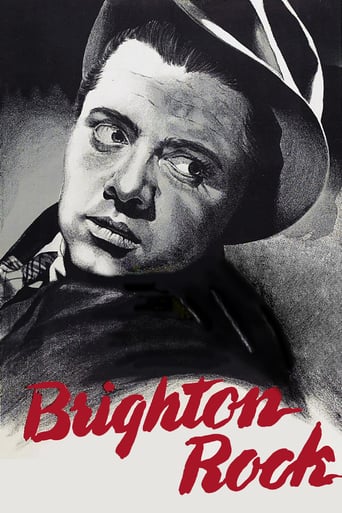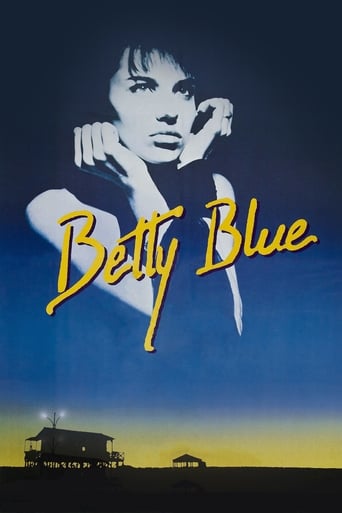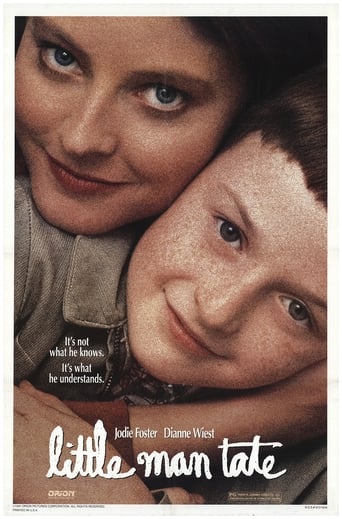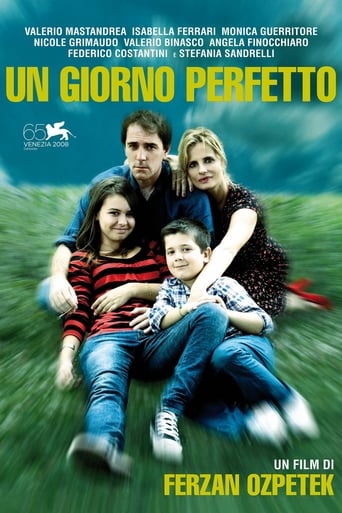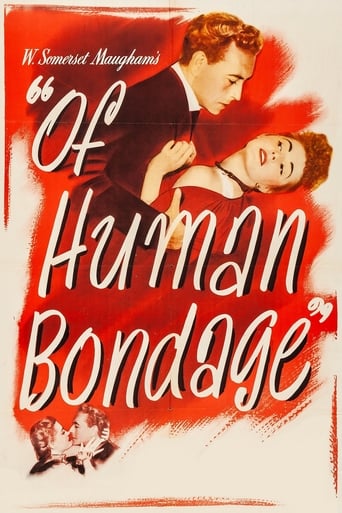
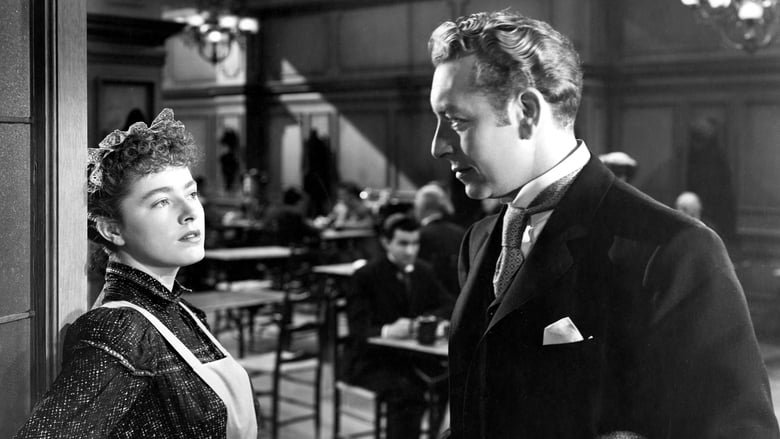
Of Human Bondage (1946)
A medical student with a club foot falls for a beautiful but ambitious waitress. She soon leaves him, but gets pregnant and comes back to him for help.
Watch Trailer
Cast


Similar titles
Reviews
That was an excellent one.
Sorry, this movie sucks
Pretty good movie overall. First half was nothing special but it got better as it went along.
A clunky actioner with a handful of cool moments.
Eleanor Parker did a very good job in this 1946 remake of the 1934 Bette Davis classic. Parker portrays an English waitress, Mildred Rogers, with passion, but not with the vigor that Bette Davis showed in the role. Her total rejection scene of Paul Henried was a good one, but again not with the torrid hatred that Davis showed.Paul Henried appears to be stronger than Leslie Howard in the original version. He shows anger at Mildred and even rejects her.Alexis Smith is wasted here as the widowed writer who falls for Henried (Philip) in Paris. She does seem to suddenly fade from his life and the film.A story of a waitress, who not knowing what she really wanted out of life, is mean and vicious to the man who really loved her. He certainly was bonded to her.
***slight spoiler*****I just finished watching Of Human Bondage on TCM. I kept thinking throughout as Paul Henried limped around how that man can wear the hell out of a suit. To add to what others have said, I was surprised by this version of the film. I was expecting a dull rendition, especially after the tours de force by Davis and Howard in an earlier rendition. Despite lukewarm reviews, I loved it! An elegant film overall and well crafted, beautifully decorated and photographed in high contrast black and white, full of angled looming shadows, almost oppressively so, and small pools of light, sometimes unkind light, a manifest expression of Philip Carey's inner life. Gestures and movement are also important, often more so than words.I thought Paul Henreid was fantastic in it as well as Eleanor Parker; I think he gets short shrift relative to the star power of the female role. He seemed like a man trapped, who knew he was trapped and was helpless to do anything about it except to careen between cruelty and kindness. His experience has a compelling immediacy, of the moment and so does his story. I never had seen Paul Henreid in such a different role, where he lacked confidence and could be awkward and despairing, coarse and primal in a way that made me uncomfortable to see such naked need and helplessness. And still, the character had a grace, a redemptive quality that would peek out in spare, quiet moments.I especially loved the simplicity of his wordless visit to Mildred at the end; it was as if he were carressing a dying animal. And then he was quietly, without fanfare, released. His obsession is never explained because it doesn't really matter. His experience matters. The director captures this beautifully.This film and the crafting of its themes reminds me very much of the 40's version of A Razor's Edge with Tyrone Power. It turns out Edmund Goulding directed both.8.5 stars out of 10
Of the three film versions of "Of Human Bondage" this is probably the least known. Critics at the time found it dull and compared it unfavourably with the 1934 version starring Bette Davis and Leslie Howard. On the contrary, I think that this version is more complex, more interesting and ultimately more satisfying than that earlier film.All versions chart the course of the destructive, one-sided relationship between medical student Philip Carey, played here by Paul Henreid, and working class waitress Mildred Rogers played by Eleanor Parker. But after his self-esteem reaches its lowest ebb, two far more caring women enter his life, one he rejects almost as cruelly as he himself was rejected, while the other provides him with the happiness he has searched for.For anyone who has read Somerset Maugham's novel, the film versions all share the same drawback; they only concentrate on one aspect of the novel - the unrequited and obsessive love of Philip Carey for Mildred Rogers. This is the most fascinating part of the novel to be sure, but it doesn't take place until about half way through the book. By the time it happens, we know a lot about Philip Carey - we have followed him from childhood, understand the sensitivity about his clubfoot, and identify with him totally. When he encounters Mildred Rogers and is rejected by her, we are as shocked as he is at the effect it has on his sense of self-worth and his life from that point on. No one has ever described the anguish that such a one-sided affair can unleash better than Maugham in this extraordinary novel - Sigmund Freud couldn't have done a more insightful job.And therein lies the challenge for the filmmakers because they all want to leap straight into the Philip and Mildred affair; there is no real build up, we are only vaguely aware of the vulnerabilities, and even the vanities that have been nurtured in Philip that could lead him into so destructive a relationship.With that said, after a slow start, this version of the story does become quite compelling. However it could have done without the narration, which doesn't even start until after Philip meets Mildred. The filmmakers should have worked a little harder to explain things without resorting to narration, which both the 1934 and 1964 versions managed to do.Paul Henreid was too old for the part - it's almost as though he was going through mid-life crisis - and his accent needed explaining. Fortunately, he had a strong enough screen presence to carry it off.Critics considered Eleanor Parker's performance weak when compared to Bette Davis's showier one in the 1934 version, but she handles it pretty well on the whole. She is possibly a little too strident, and like Davis struggled to deliver a decent Cockney accent. For anyone who has seen the 1964 version, it's interesting to compare her with Kim Novak who gave a very subdued performance, which didn't seem right at all. Possibly the forced, slightly neurotic quality in Parker's performance actually caught the spirit of Mildred Rogers all too well.Although not without fault, this version of Maugham's great novel is better than the critics would allow, and is certainly a film that rewards at least one viewing.
I do not think this is a movie about love. It is a movie that compares and contrasts MANY human emotions that hold us in bondage - most notably, love and obsession. I pity people who think that what Philip (Henreid) feels for Mildred (Parker) is LOVE! Of the 3 versions of this Somerset Maugham tale, this one is the strongest. Bette Davis' performance in the original may have been groundbreaking, but neither the film nor her performance is great. Davis' performance leaves indelible impressions; it earns my respect and admiration. However, it is not very nuanced; she is nothing but a shrew. Also, she is simply not pretty enough to inspire Philip Carey's obsession with Mildred. The original film and the portrayal by Davis are classic not because they are great, but because they are groundbreaking.For my money, both of the remakes are better movies. Eleanor Parker and Kim Novak both portray a Mildred who is prettier and less shrewish - and consequently more believable. Mildred becomes both more understandable and more pathetic. Also, because they are both prettier than Davis, obsession with either one of them is a great deal more conceivable. Also, I like Paul Henried in this version much better than Leslie Howard (or Laurence Harvey). He may not be as sensitive or intellectual, but neither is he nearly as weak. I think a woman is more likely to feel sympathy or pity for Howard, NOT love. Henried seems much more "lovable." After all, 2 women actually do love Philip!I am a big fan of many character actors of the 30's and 40's, including Edmund Gwenn. This is a great Edmund Gwenn role, and his presence is a real plus for this version.Although her appearance is brief, I also love the beautiful, sympathetic Alexis Smith.The neat surprise for me in this version is Janis Paige. I didn't really notice her until this, my 2nd or 3rd viewing, but it is fun seeing her as such a young actress in this very wholesome role. One of her more memorable roles is the blonde vamp who is first insulted by David Niven and then tries to seduce him in Please Don't Eat the Daisies.But for me Eleanor Parker steals the show. I barely recognized her as a brunette. Neither had I ever seen her play such a loathsome character. Seeing her display such range was fun. Plus her performance is far superior to Bette Davis' in the original.


